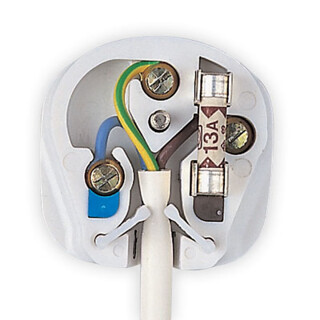- Oct 22, 2013
- 6
- 0
- 0
The Aviano 6's retailed at around the £500 mark, I bought them for £350 brand new a few years ago. The Kef Q900's retail for £1200 and there was a clearance deal recently at Superfi where they were going for £700 brand new. I was looking at the Dali Zensor 7's, but the Kef's were larger in size, have bigger drive units and there are more drive units too (granted two are passive radiators). The Kef's are simply in a class above the Aviano's in every way. The soundstage is also more open and vocals seem to stand out a lot more and project more too. I don't regret buying them, but I regret not asking for a side by side demo of the Zensor 7's and the Q900's as I am quite fond of the Dali's. But I rushed the purchase because they were the last pair available since they were clearance items so I didn't want to risk missing an opportunity.Blackdawn said:Hi, i did hear the Aviano 6's when i got my Dali speakers - the Dali's were much better considering they were cheaper. I see there is not much price difference between the Aviano's and the Kef Q900 - only 100 pounds in it- do you find it much of an upgrade?
As for the speaker wire - i have experienced with various thicknesses and haven't noticed much if any differences. I'm using 6mm Van Damme Lc-ofc cable at the moment but wouldn't go for 6mm again as in reality it is a little thick to fit into binding posts on most amps and speakers. The thickest i would go for would be 4mm. Be abit careful as some makes mention the thickness but it is the whole cable in total which includes the wire plus sheilding - so not so easy to compare makes and models.
Also thanks for your input on the cable thickness. Yeah I saw that some manufacturer's specifiy the thickness by the thickness of the cable in total, rather than the thickness of the wire cross section. I got caught out a couple of times by that.


